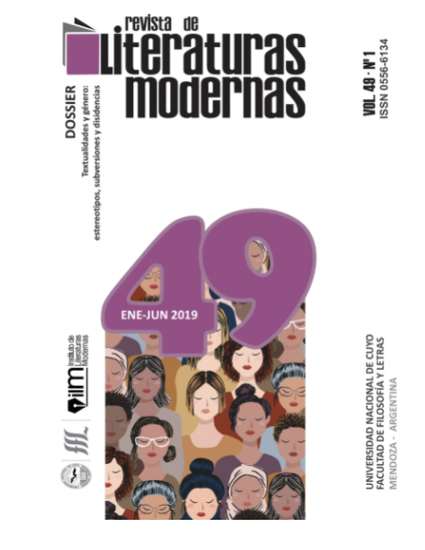
Article
16th-cent. Castilian Arabisms in the Inquisition case of Lucrecia de León (2019)
Revista de Literaturas Modernas
(2019)
Abstract
Based on Lucrecia de León’s oneiric records, this study focuses on aseries of Arabisms in the Inquisition manuscripts of her persecutionand imprisonment. The written documents of this young woman’sdreams, collected and conservedby scribes and inquisitors at the endof the sixteenth century, comprises 415 narrative fragments, datedbetween 1587 and 1590. The main goal of this article is to analyzethree Arabisms,alcabala, ataifor, andbúcaro, as examples of theArabic influence on the Castillian vocabulary of the time. Besides thesociolinguistic analysis of these three words, we present this womanas representative of her gender at the end of the sixteenth century,which will enable us to reflect on stereotypes against women’s voicesat that time. The strength of this article rests on the sociolinguisticanalysis of lexical terms, while also providing the reader anopportunity to reflect on women’s social roles and voices in a male-dominated discourse.
Link: https://revistas.uncu.edu.ar/ojs3/index.php/literaturasmodernas/article/view/2717
Keywords
- Lucrecia de León,
- Arabisms,
- Inquisition,
- alcabala,
- ataifor,
- búcaro,
- Castille,
- 16th century.
Disciplines
Publication Date
2019
DOI
https://revistas.uncu.edu.ar/ojs3/index.php/literaturasmodernas/article/view/2717
Citation Information
Eva Núñez-Méndez. "16th-cent. Castilian Arabisms in the Inquisition case of Lucrecia de León (2019)" Revista de Literaturas Modernas Vol. 49 Iss. 1 (2019) p. 91 - 119 Available at: http://works.bepress.com/eva_nunez-mendez/52/
